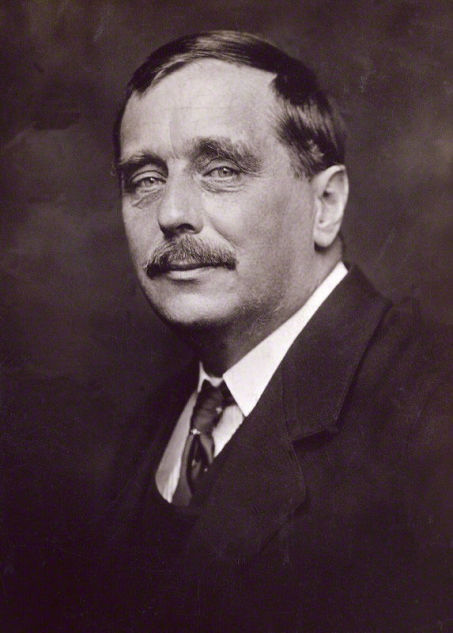On 13 August 1946, English writer Herbert George Wells, creator of the science-fiction novels that influenced much of the 20th century’s literature and thought, died in his home in London.
HG Wells combined writing with scientific work and he had a doctorate in biology. He wrote a total of 40 novels, several books of short stories, and dozens of social and public works. His novels were renowned for their foresight in scientific and technological advances, as well as for their dire predictions. In his 1914 novel “The World Set Free”, he refers to the Second World War in the 1940s and to the atomic bomb - described precisely as such. In his 1908 novel “The War in the Air”, he predicted aerial bombardment and chemical warfare. Wells wrote in the preface to the 1941 edition of “The War in the Air” that the best epitaph for it would be “I told you so. You damned fools”.
HG Wells visited Russia and the Soviet Union several times; he met Vladimir Lenin (a meeting he described in his book “Russia in the Shadows”), travelled and met Joseph Stalin in 1934: “I had expected to find a new Russia stirring in its sleep and ready to awaken to Cosmopolis, and I found it sinking deeper into the dope-dream of Sovietic self-sufficiency. I found Stalin’s imagination invincibly framed and set; ... There has always been a certain imaginative magic for me in Russia, and I lament the drift of this great land towards a new system of falsity...”
Nevertheless, the novels of HG Wells were immensely popular in the USSR. A collection of his works in 15 volumes was published in the Soviet Union, and individual works are still regularly published even today.
Source:
Igor Bestuzhev-Lada, “Herbert Wells as Sociologist”, Social Research No. 11, November 2008
























